Gynoveda Success Stories and Blogs: Ayurveda for Health

How to Cure Hormonal Imbalance in Females
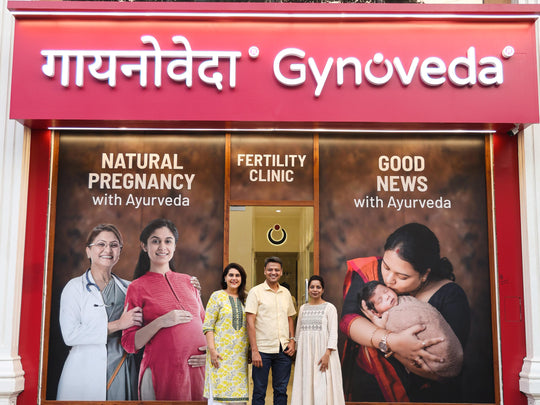
Gynoveda Clinics
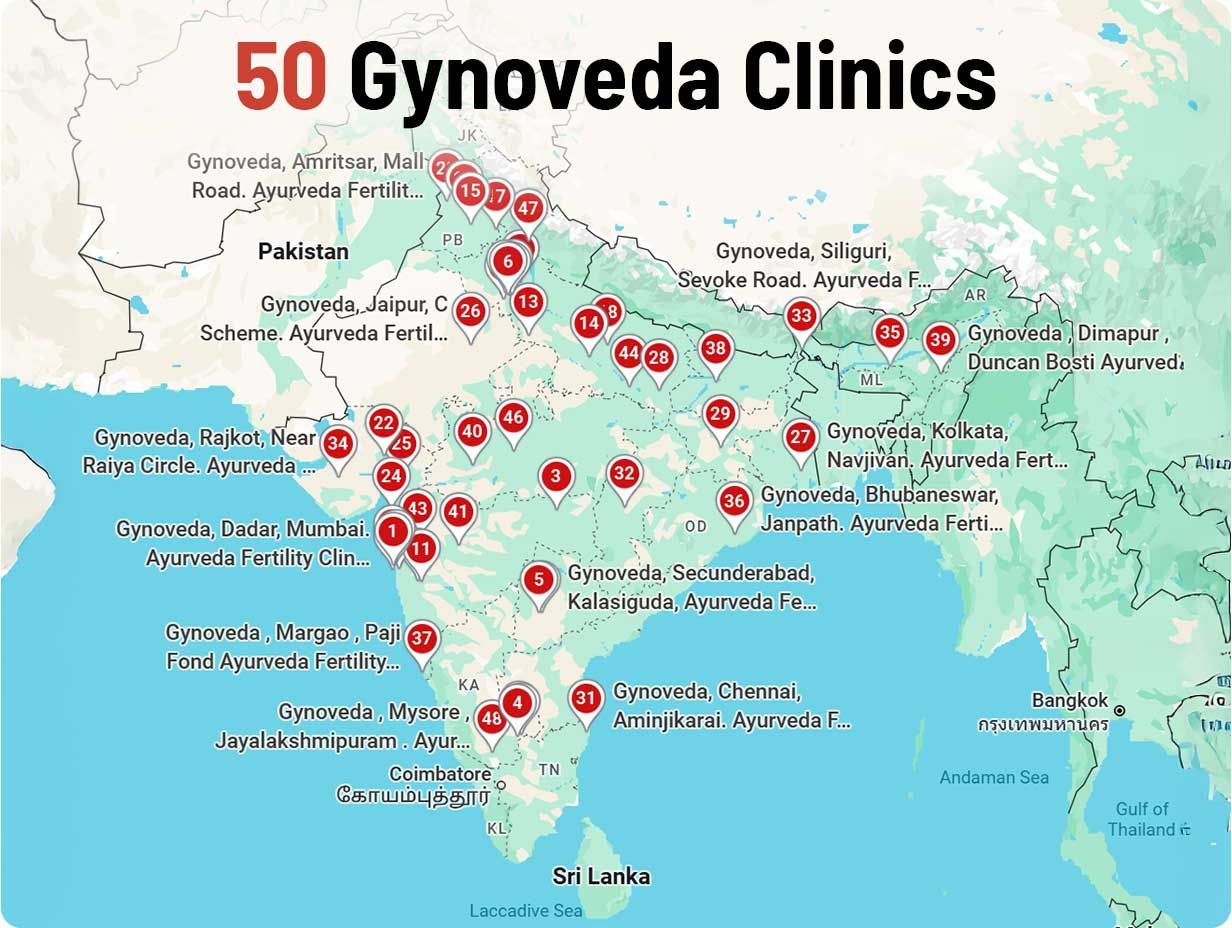
From D2C to 50 Clinics: The Pivot That Propelled Gynoveda
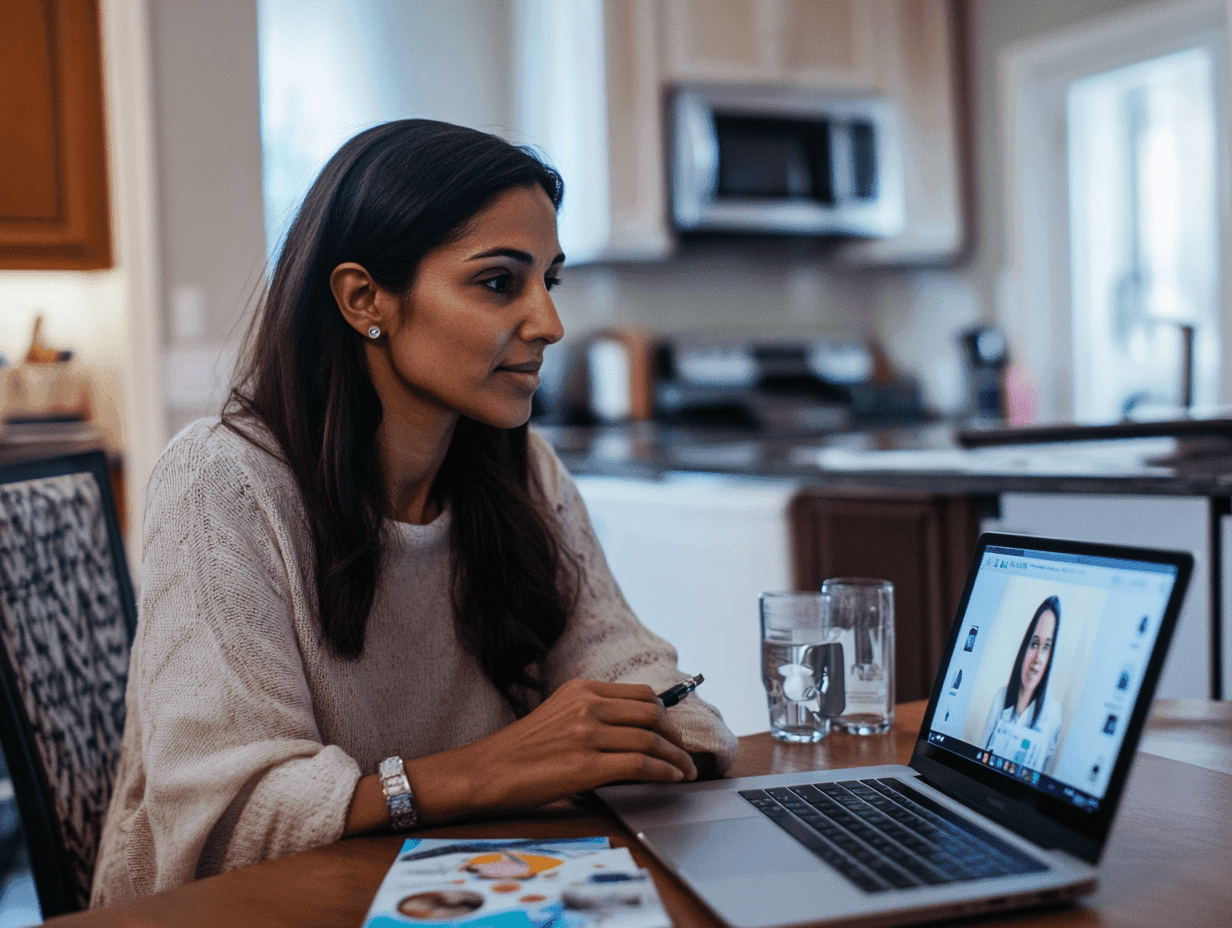
How to Check for Ovarian Cancer at Home: Effective Tips
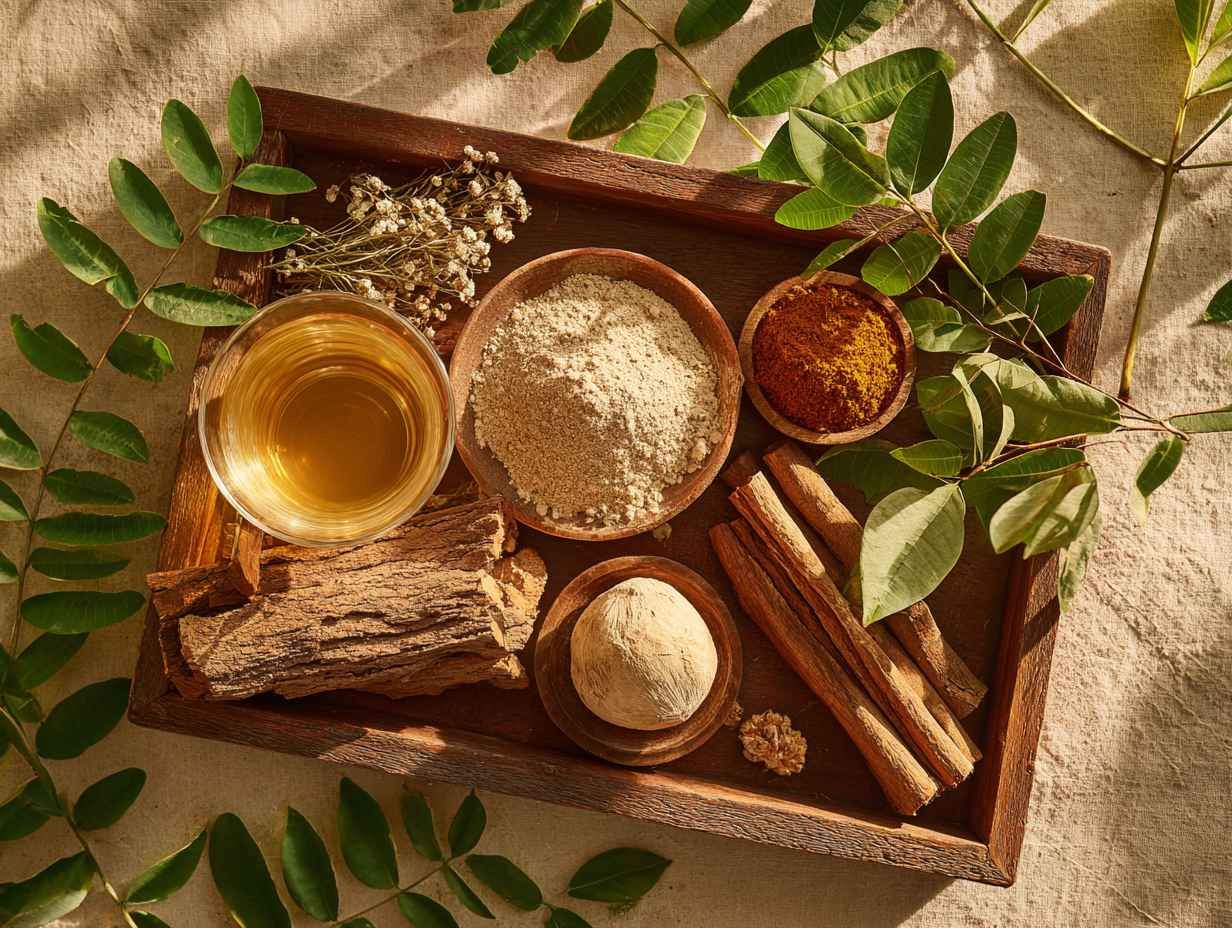
Ayurvedic Medicine to Get Pregnant Fast

Biggest Period Blood Clot: Causes, Treatment & Ayurvedic Relief
Conceive Naturally with Gynoveda Ayurvedic Fertility
No need to worry, your data is safe with us!
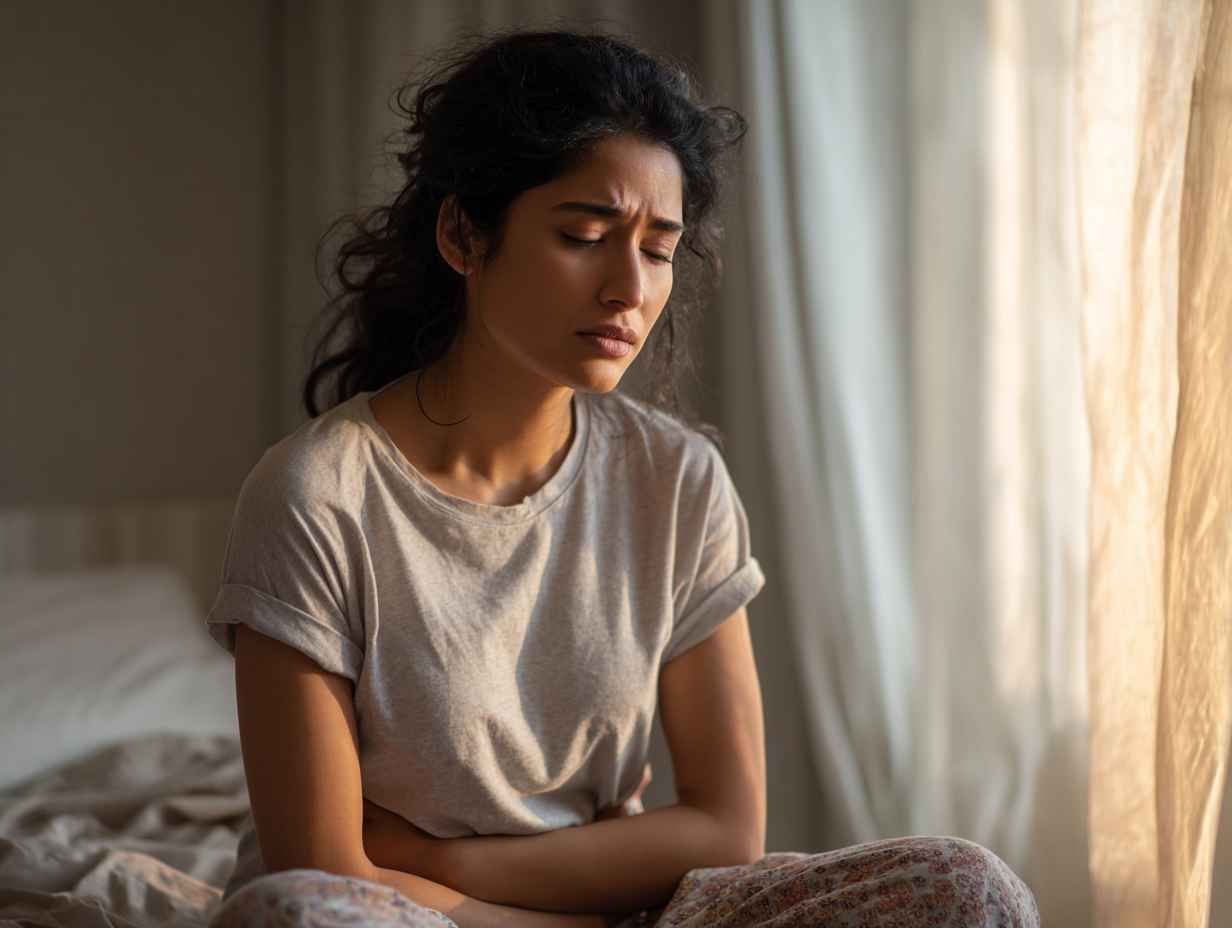
Period Cramps vs Early Pregnancy Cramps
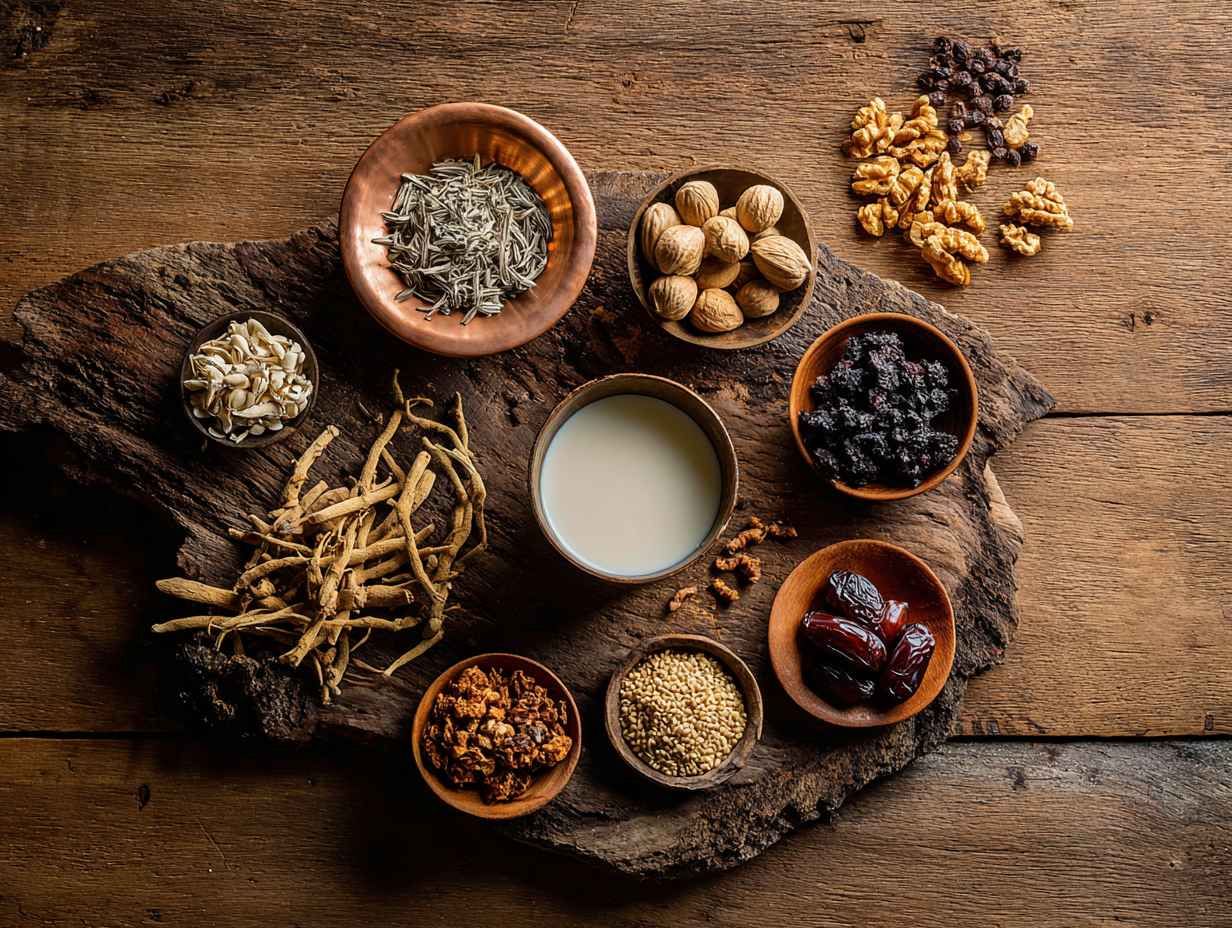
Ayurvedic Medicine for Sperm Count: Complete Guide
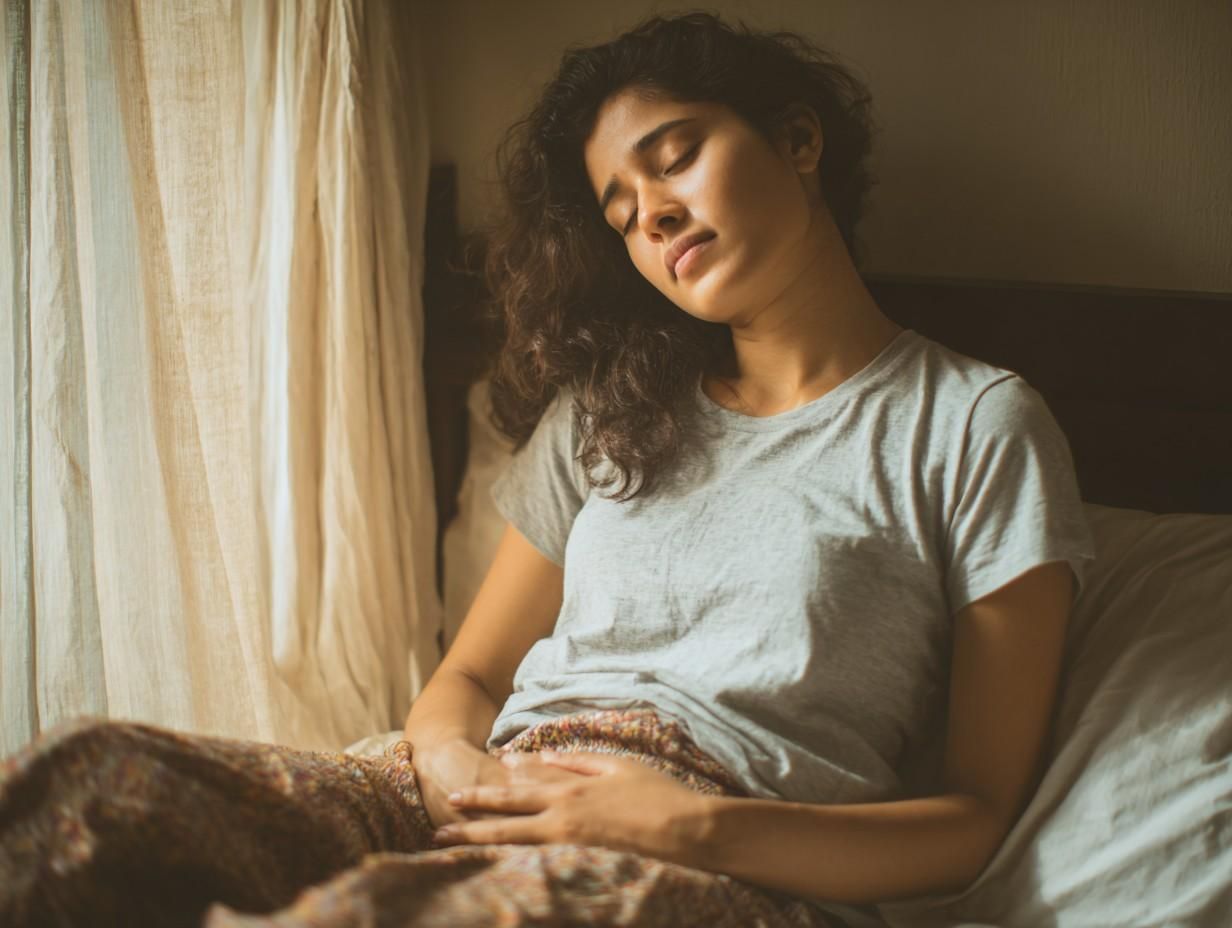
Top 10 Ayurvedic Tips to Reduce Implantation Pain
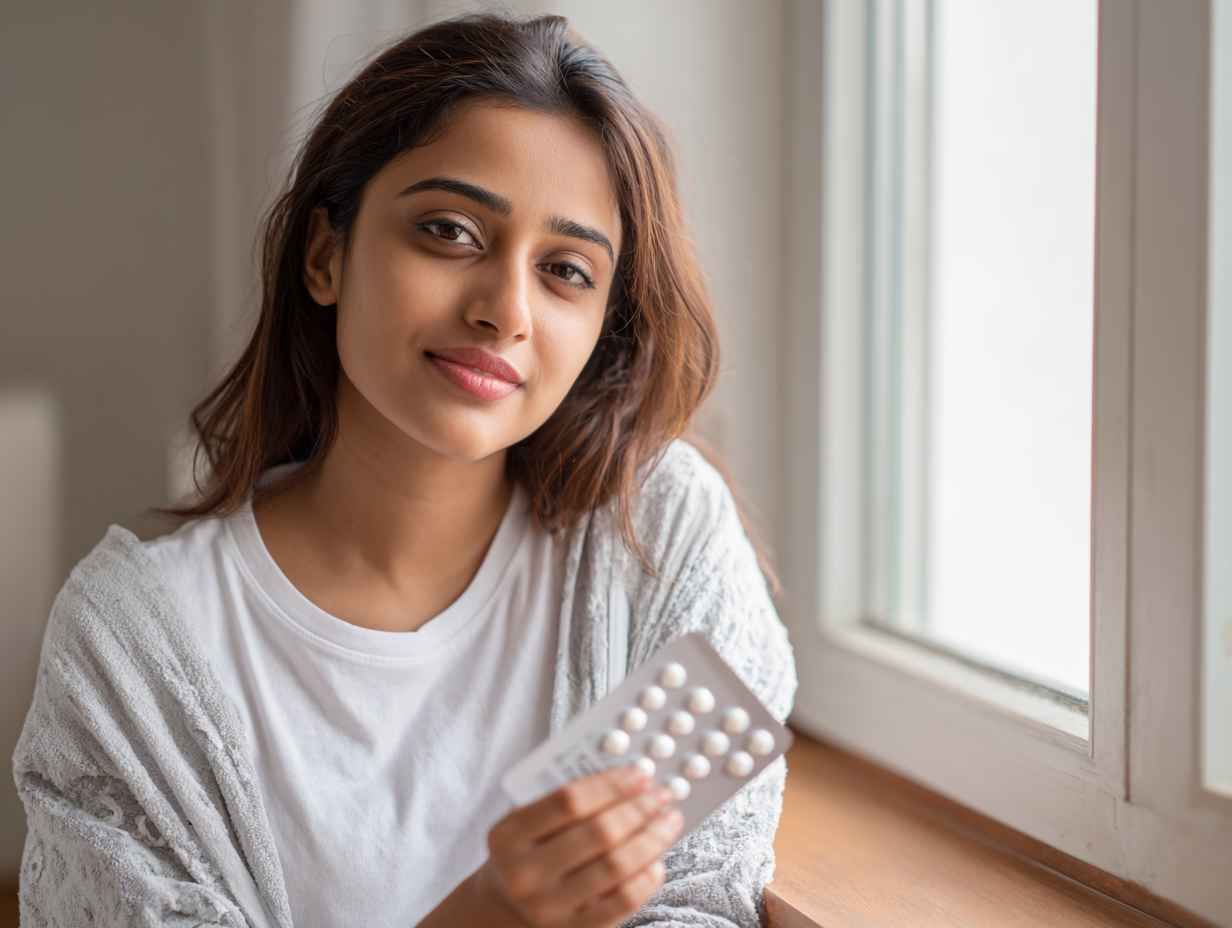
PCOS Tablets Name List - 2025

Male Sperm Count By Age Chart: Complete Guide

एंटी-मुलरियन हार्मोन (AMH) टेस्ट: उद्देश्य, स्तर और परिणाम
Conceive Naturally with Gynoveda Ayurvedic Fertility
No need to worry, your data is safe with us!
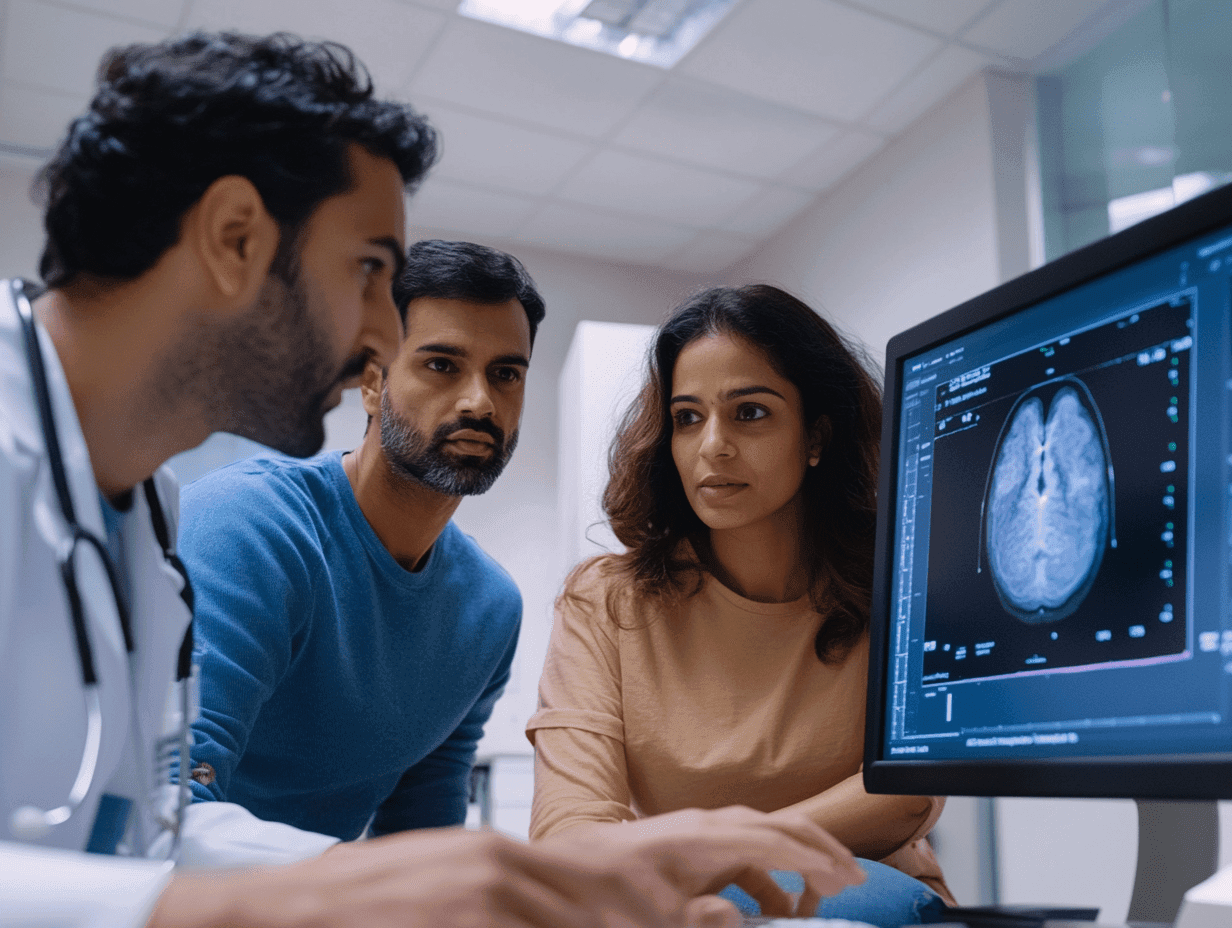
बच्चेदानी में गांठ के कारण, प्रकार, नुक्सान और इलाज
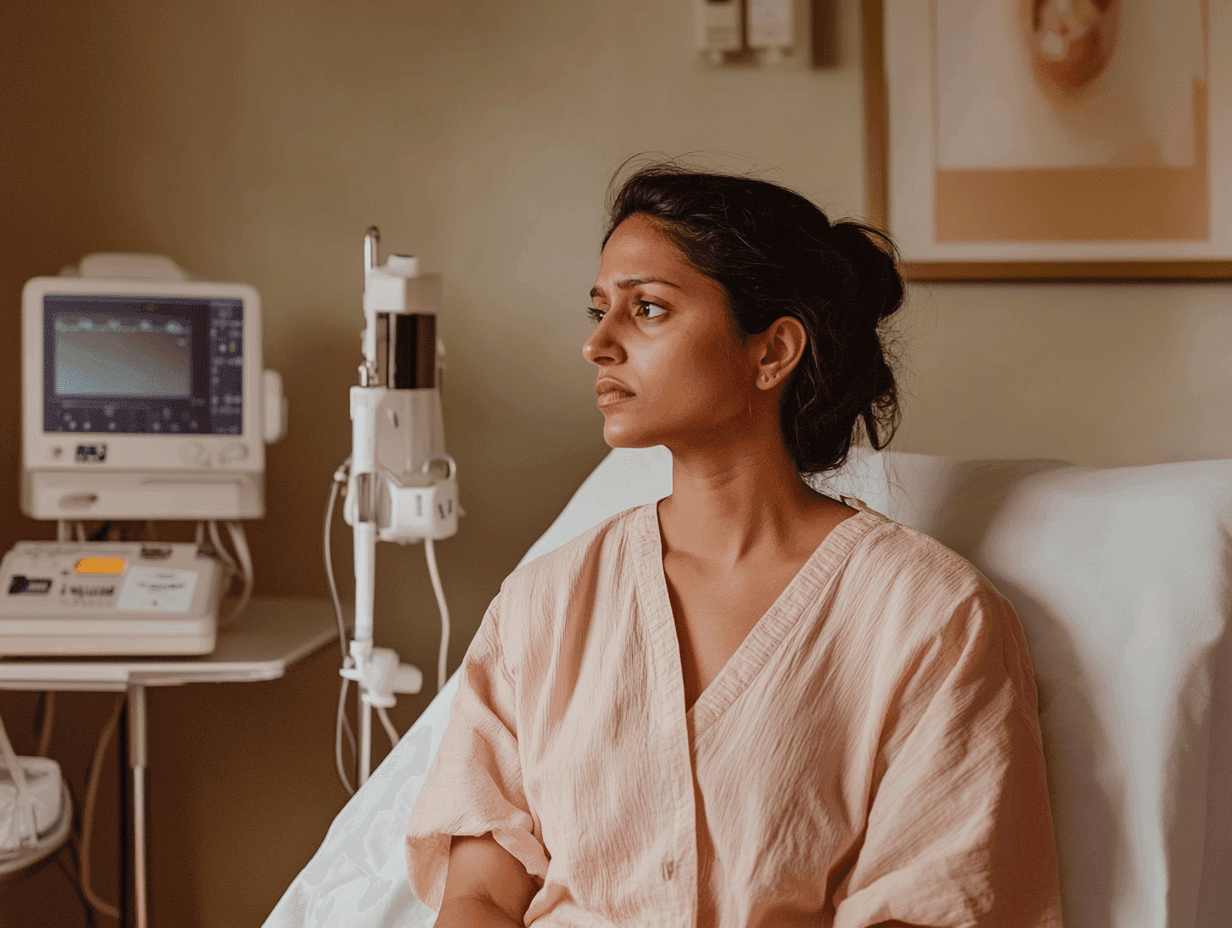
Is IVF Really Painful? Everything You Need to Know

7 Days Late Period, No Pregnancy Symptoms – Complete Guide

Egg Freezing Cost in India: Price & Factors Guide
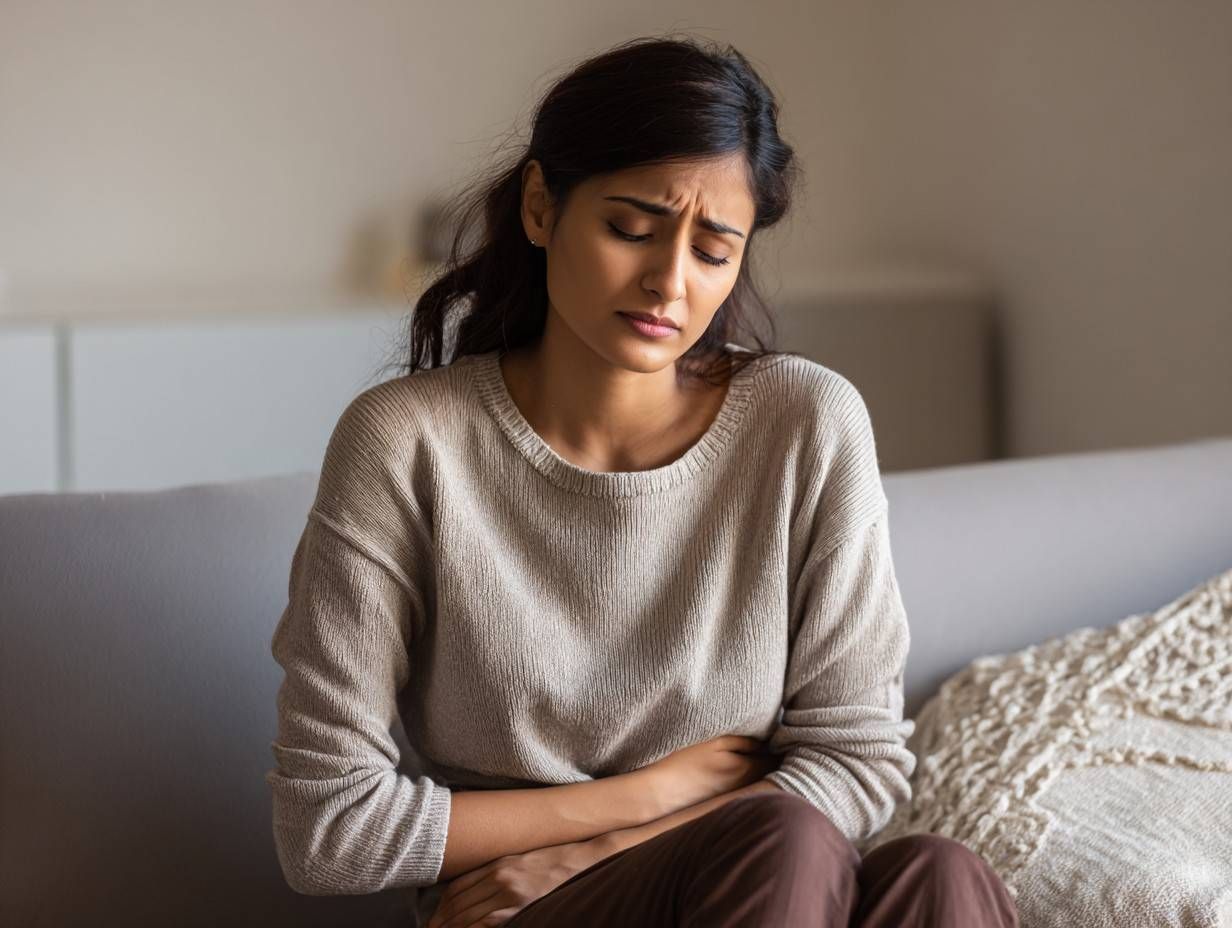
PCOD kya hota hai: लक्षण, कारण, उपचार
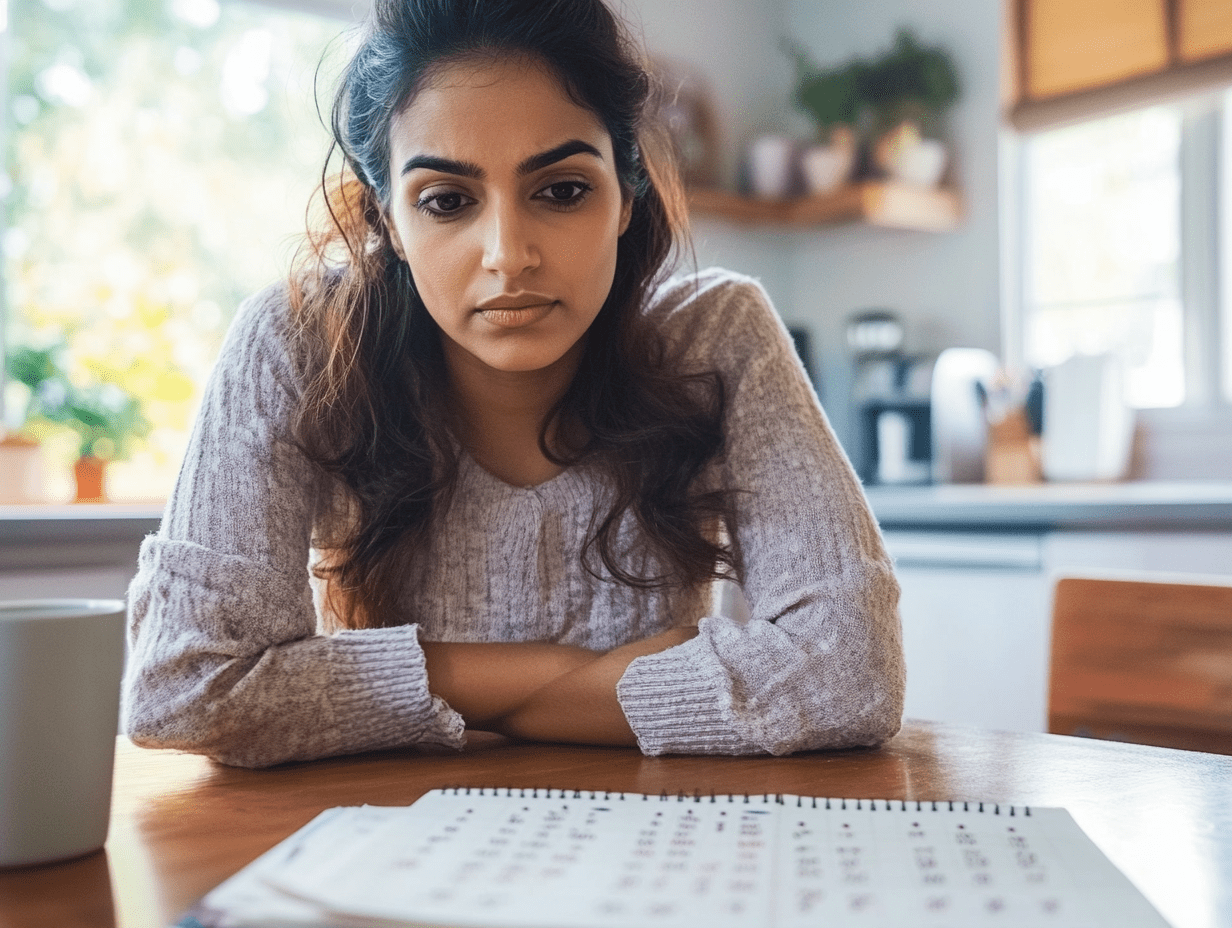
Delayed/Irregular Periods Along With White Discharge? Should You Be Worried?
Conceive Naturally with Gynoveda Ayurvedic Fertility
No need to worry, your data is safe with us!

Early Pregnancy Egg White Discharge
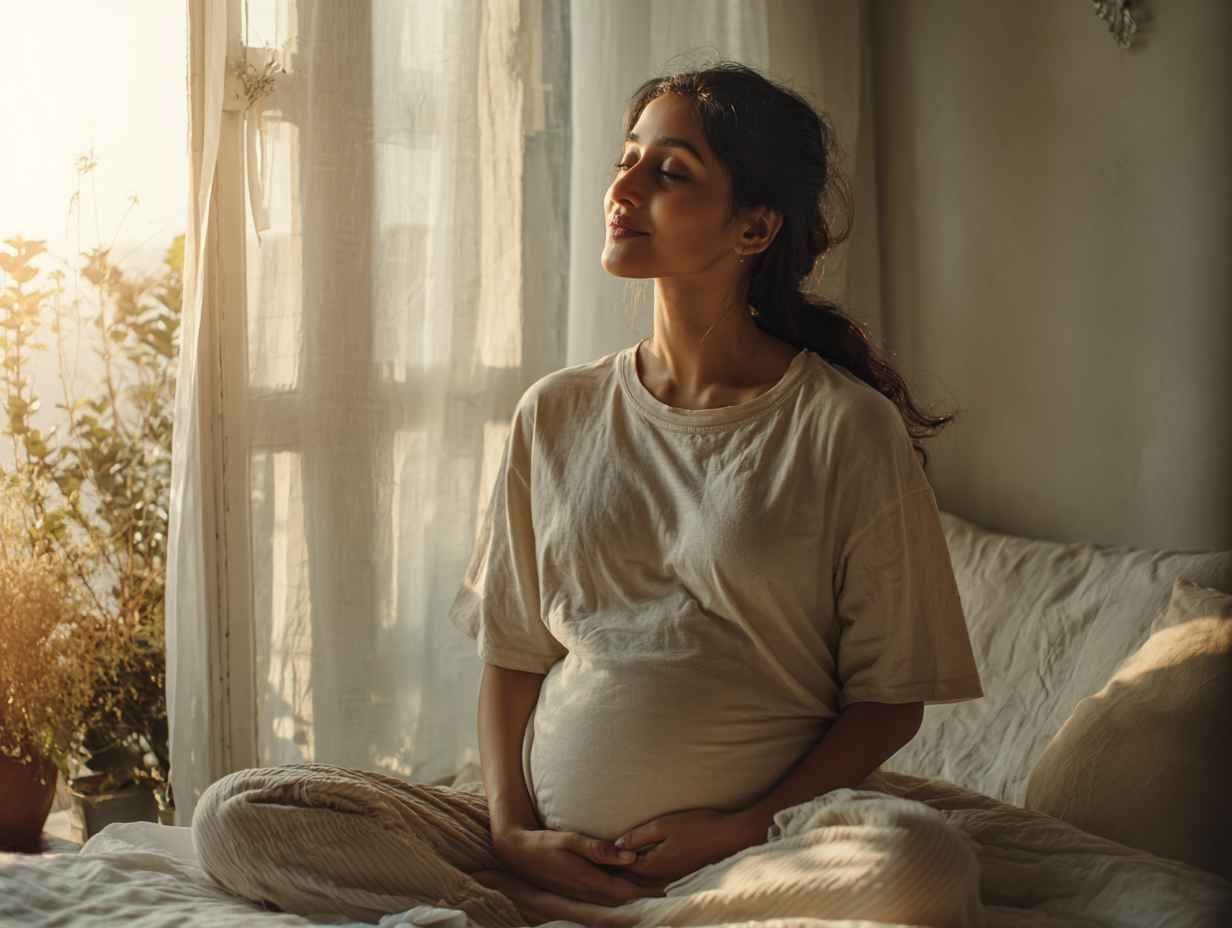
Early Pregnancy Brown Period Blood on Pad: It's Means & What to Do?
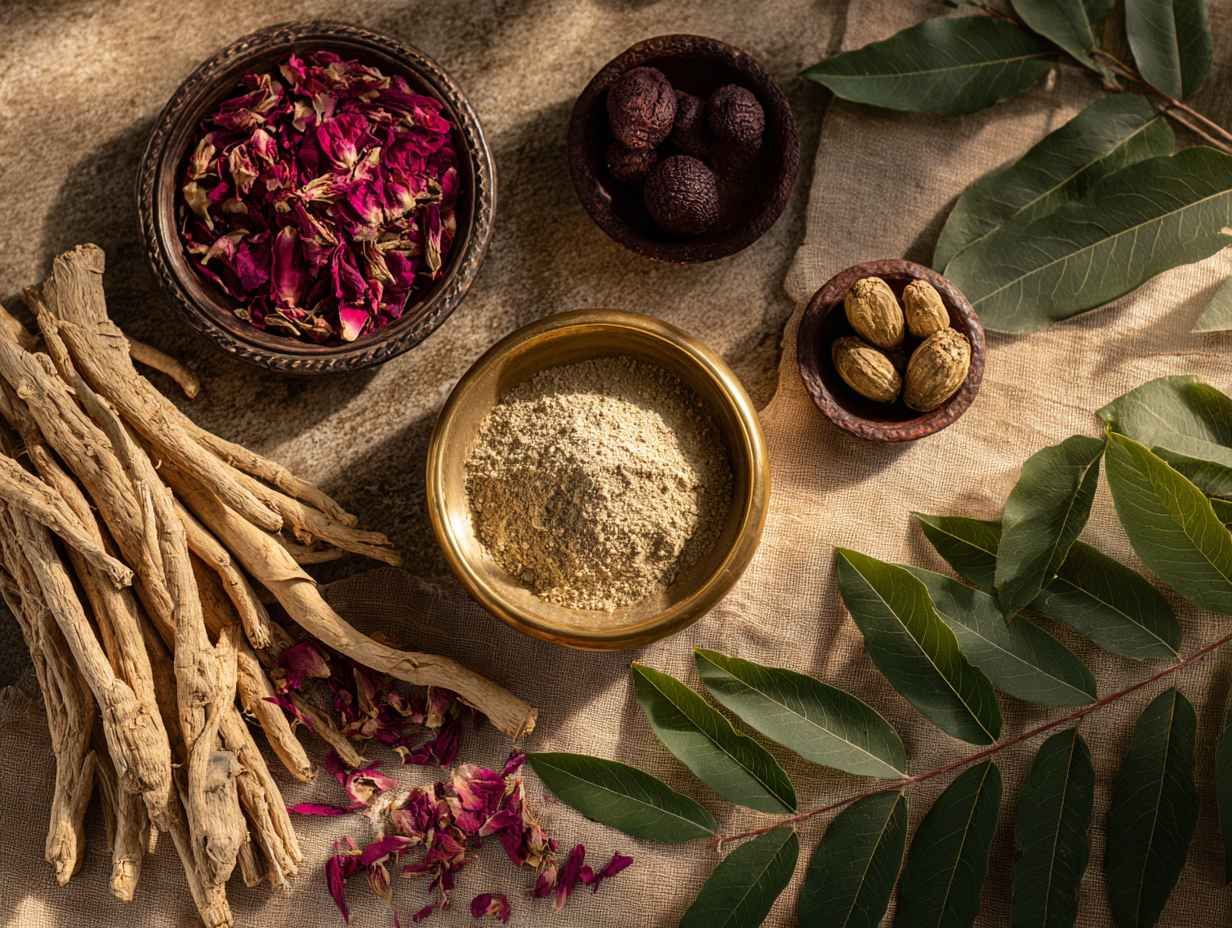
Ayurvedic Medicine for Female Infertility
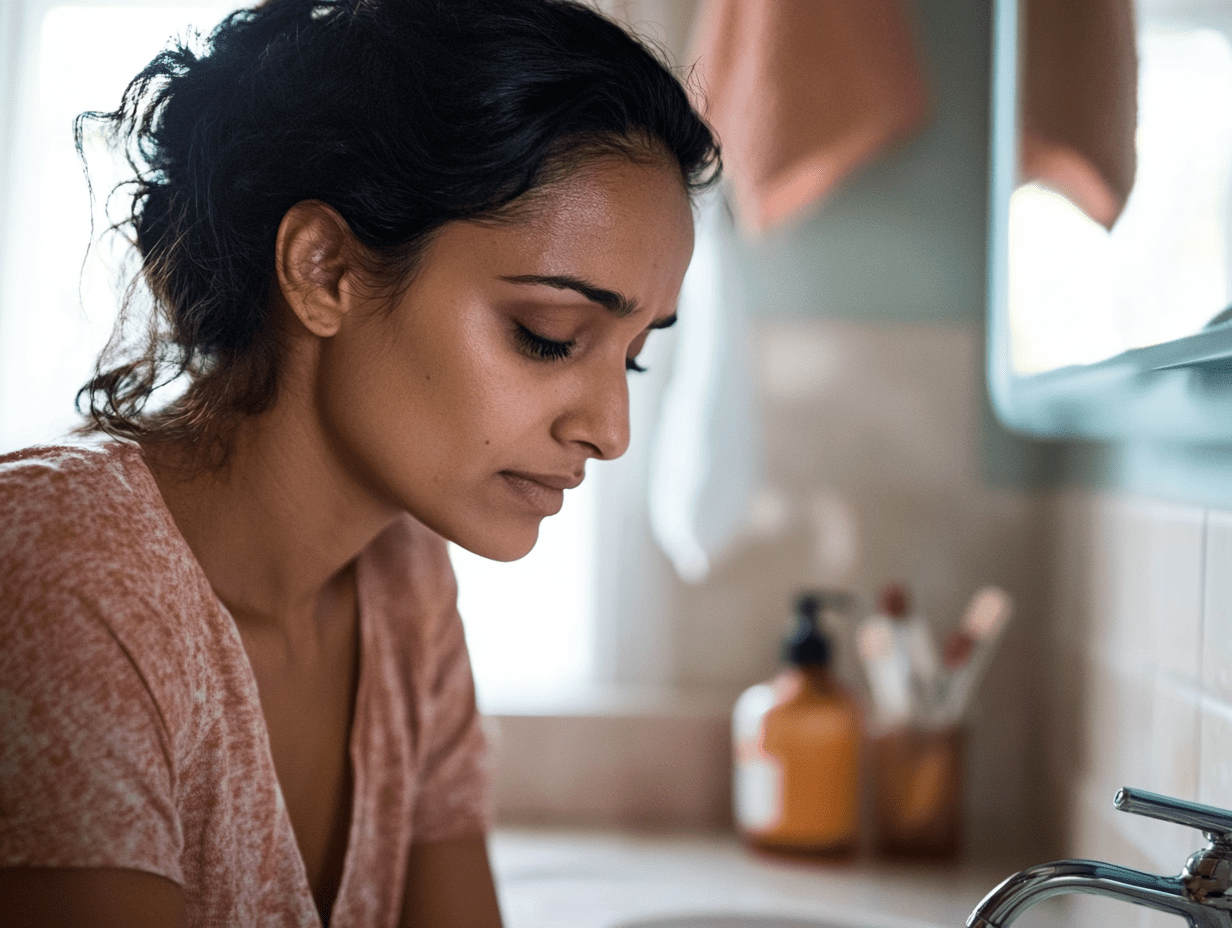
Positive Signs After Successful Embryo Transfer
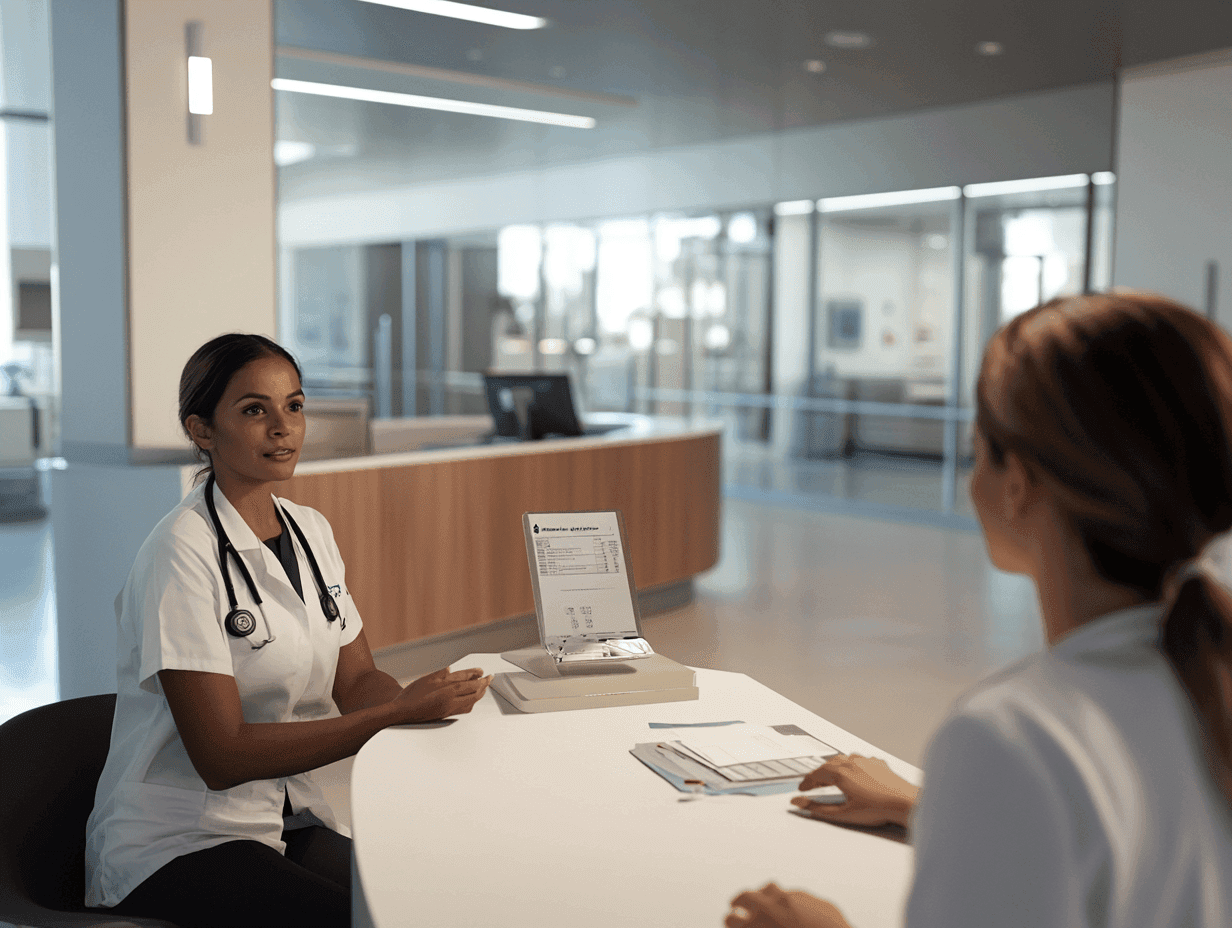
Beta hCG Test Cost: Price, Factors & Where to Get Tested
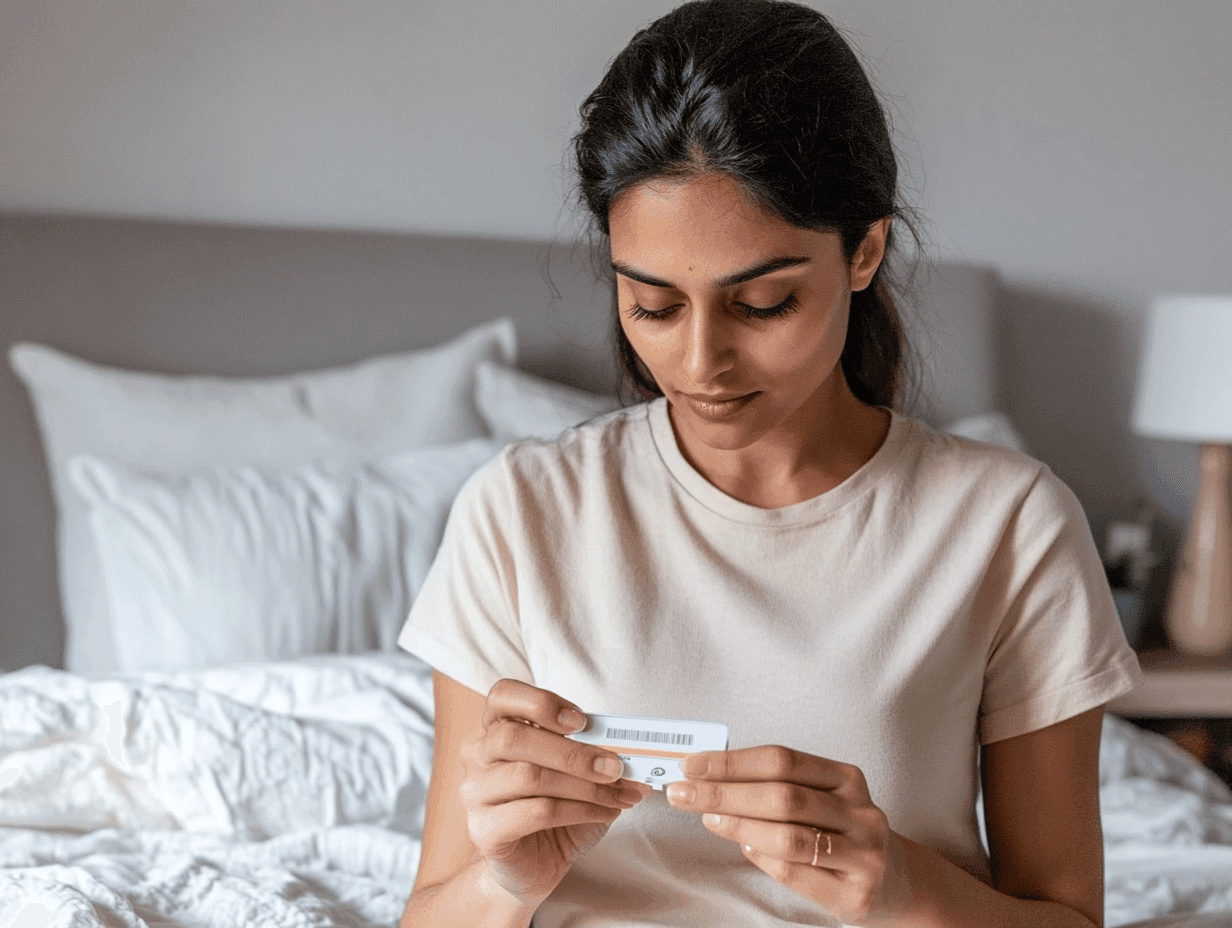
2 Weeks Pregnant HCG Levels: Normal Ranges & Tests
Conceive Naturally with Gynoveda Ayurvedic Fertility
No need to worry, your data is safe with us!

Brown Discharge Before Period - Is It Normal or a Sign of a Problem?

10 Best Ayurvedic Weight Loss Tips – Instant & Natural Results

Tips for Weight Loss in 1 Month with PCOS: Dietary & Lifestyle Changes
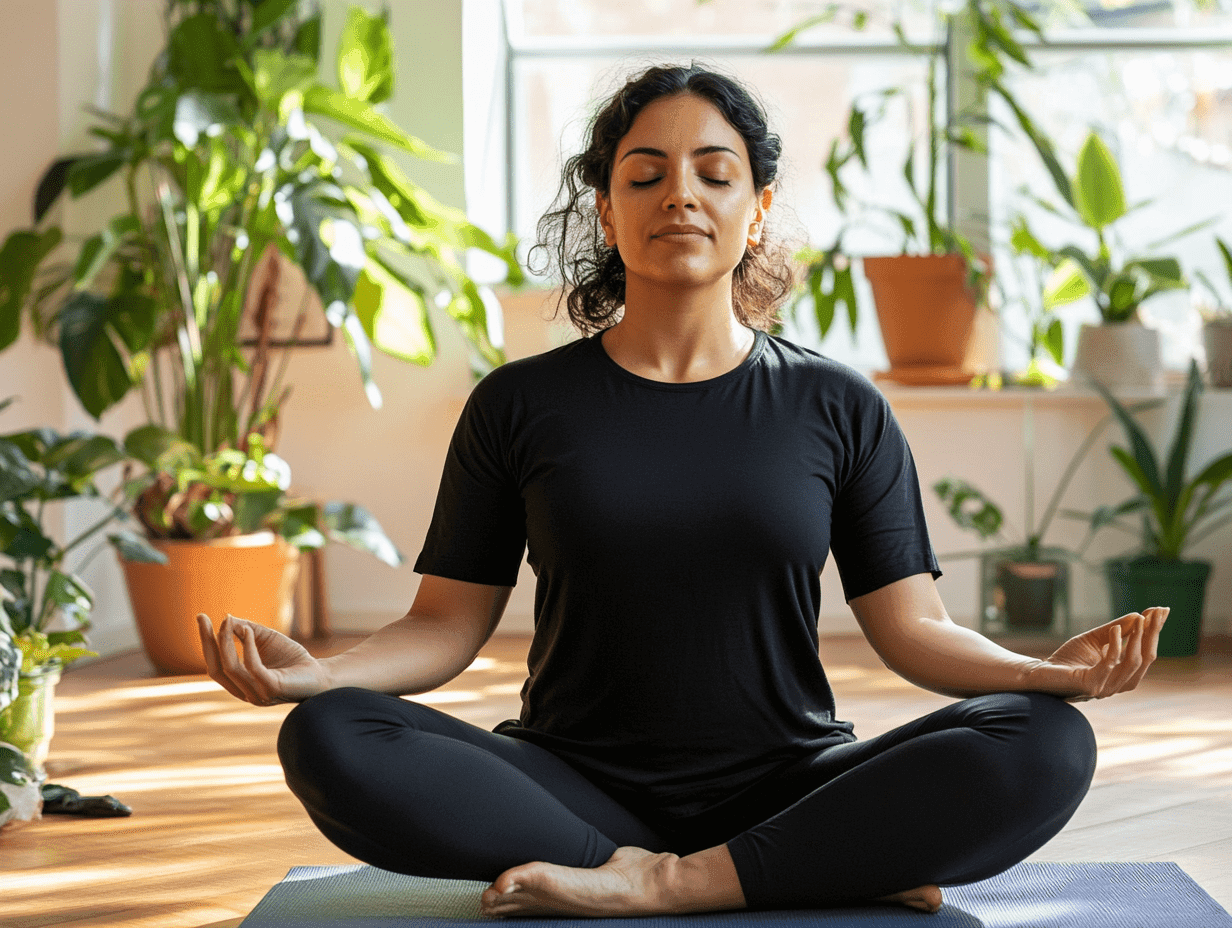
Can PCOS Be Cured? How to Treat PCOS Permanently
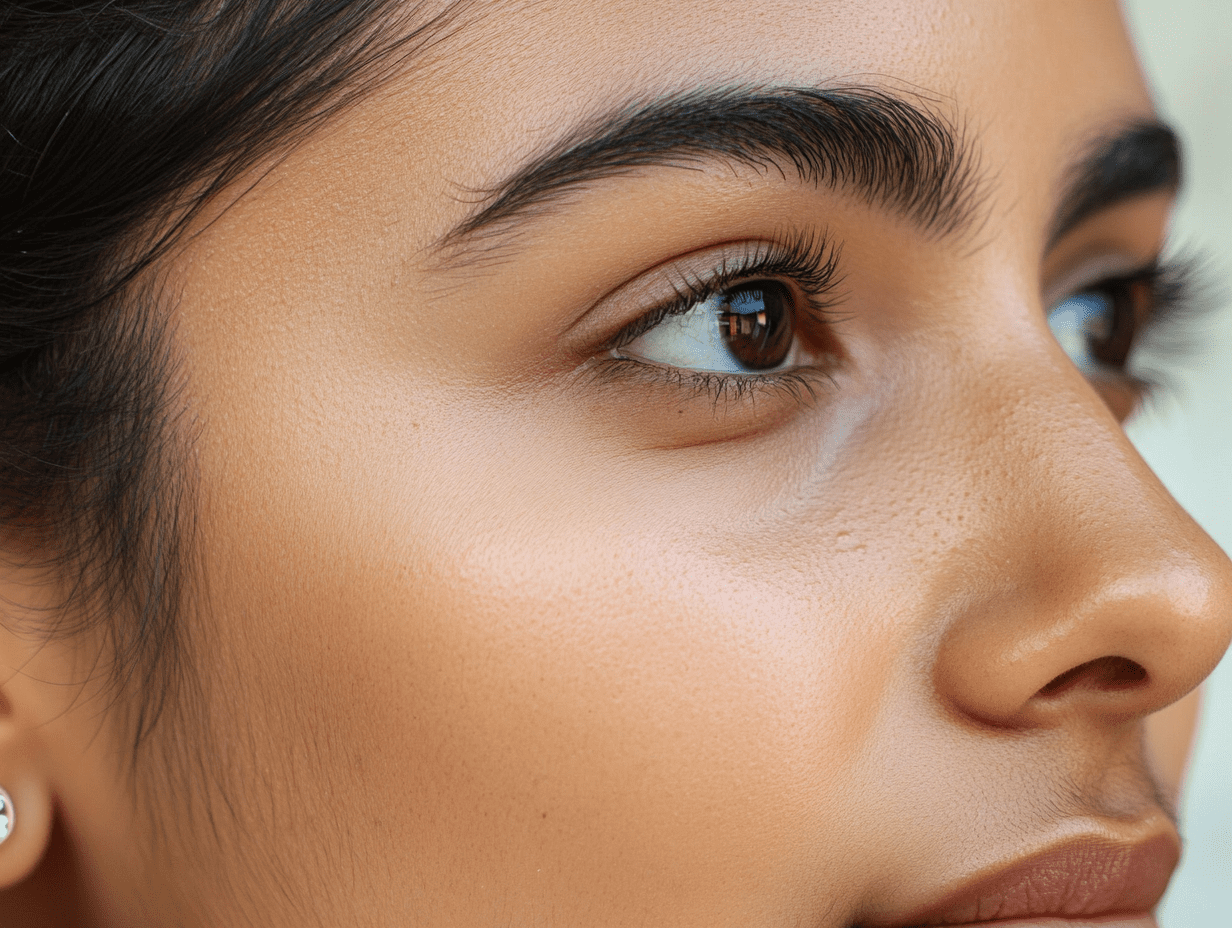
Can Poly Cystic Ovarian Disorder (PCOD) Affect Your Menstrual Cycle?
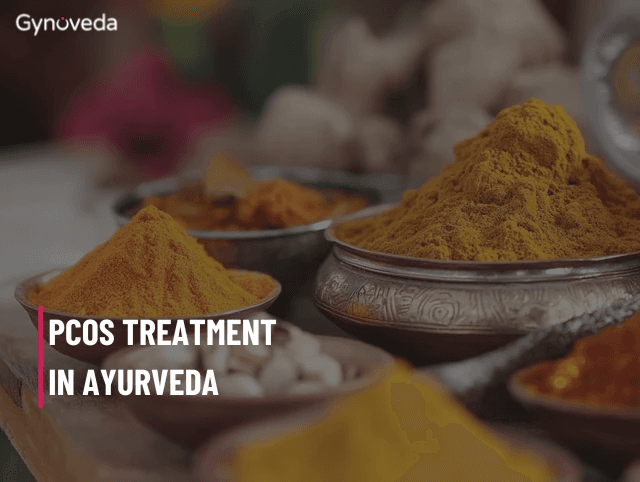
PCOS Treatment in Ayurveda: Complete Guide
Planning For A Baby?
India's 1st Ayurveda Fertility Clinic
20K+ Couples Became Parents
Rated 4.6/5 By 13K+ Happy Parents

